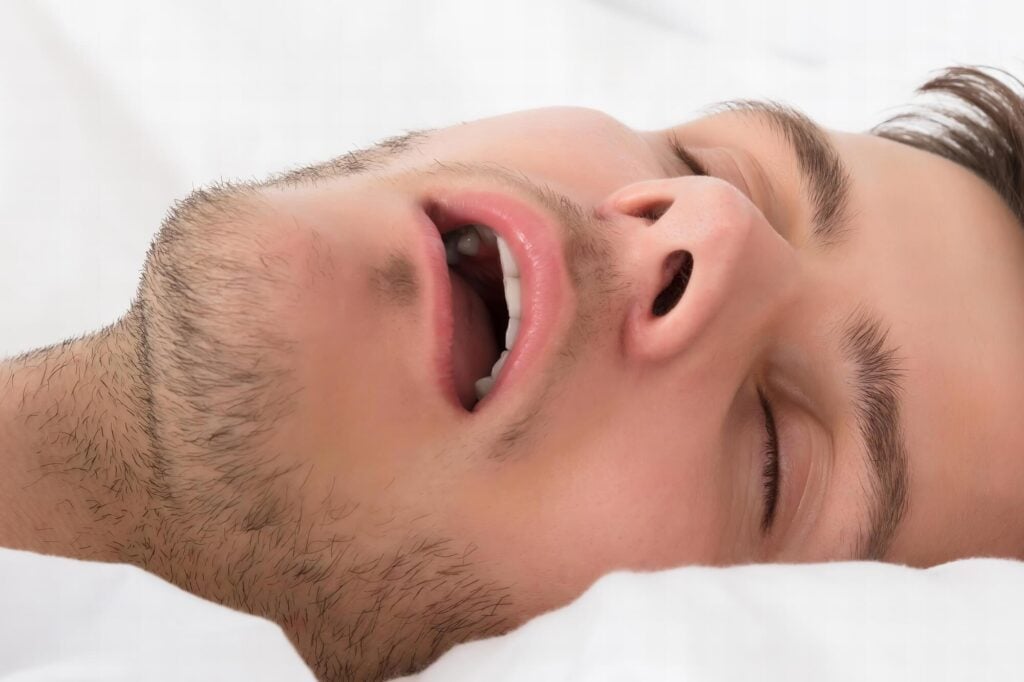Characterized by repeated interruptions in breathing throughout the night, sleep apnea is more than a nuisance that disrupts a good night’s sleep. This condition can cause a cascade of health issues if left unchecked, including daytime fatigue, cardiovascular problems, and impaired cognitive function.
If you’re someone who suffers from sleep apnea, thinks you might have it, or are simply interested in learning more, you’ve come to the right place. Let’s look at the basics of the disorder and how sleep apnea therapy in Walnut Creek can lead to a better quality of life.

What Is Sleep Apnea?
Sleep apnea is a disorder that causes your breathing to stop and start repeatedly during sleep. During an obstructive sleep apnea episode, your airways become partially or completely obstructed. This blockage prevents air from reaching the lungs, which decreases blood oxygen levels.
The brain responds to the lack of oxygen and your inability to breathe by waking you up, often with a loud snort or gasp, allowing the airway to reopen and breathing to resume. The brief and repeated awakenings, although necessary for breathing to restart, fragment your sleep and result in a variety of health issues.
Some of the most common symptoms of the condition include:
- Loud snoring
- Episodes of breathing cessation witnessed by another person
- Abrupt awakenings accompanied by shortness of breath
- Morning headache
- Difficulty staying asleep (insomnia)
- Excessive daytime sleepiness (hypersomnia)
- Attention problems
- Irritability
Types of Sleep Apnea
Obstructive Sleep Apnea (OSA)
OSA is the most common form of sleep apnea, affecting almost 40 million adults in the United States. It occurs when the muscles in the back of the throat fail to keep the airway open, despite efforts to breathe.
OSA can affect anyone, but it’s more common in people who are overweight, have a narrow airway, or have enlarged tonsils or adenoids.
Central Sleep Apnea (CSA)
Unlike OSA, which is caused by a physical blockage, CSA appears when the brain fails to send the proper signals to the muscles that control breathing. This type of sleep apnea is less common and can be associated with certain medical conditions, including heart failure and stroke, or can occur at high altitudes.
Complex Sleep Apnea Syndrome
Also known as treatment-emergent central sleep apnea, this condition arises when someone has both obstructive sleep apnea and central sleep apnea. It’s often discovered in people who are being treated for OSA but continue to experience apnea events due to blockages and a failure of the brain to control breathing.

What Causes Sleep Apnea?
Understanding why each factor contributes to the development of sleep apnea can help you identify and manage the condition more effectively:
Obesity
People with obesity usually have excess fat deposits around the upper airway that can obstruct breathing. Moreover, the additional weight can increase the likelihood of the soft tissue in the throat collapsing and blocking the airway during sleep.
Neck Circumference
A larger neck circumference can indicate more fat deposits in the neck area, which can narrow the airway and increase the risk of airway obstruction during sleep.
Generally, a neck circumference greater than 17 inches (43 centimeters) for men and 15 inches (38 centimeters) for women is considered a risk factor for sleep apnea.
A Narrowed Airway
Some individuals have a naturally narrow throat or enlarged tonsils or adenoids, which can block the airway. These anatomical features can be inherited and increase the risk of sleep apnea.
Age
Sleep apnea occurs more frequently in older adults. As we age, the muscle tone in our airways decreases, increasing the likelihood of airway collapse during sleep.
Family History
Having family members with sleep apnea might increase your risk, which suggests a possible genetic basis for the disorder. Certain inherited traits related to the structure of the jaw, airway, or risk for obesity can contribute to sleep apnea.
Use of Alcohol and Sedatives
Alcohol and certain medications can relax the muscles in your throat, increasing the risk of obstructive sleep apnea by making it more likely for the airway to collapse during sleep.
Smoking
Smokers are more prone to having obstructive sleep apnea than are people who’ve never smoked. Smoking can increase inflammation and fluid retention in the airway, worsening obstructive sleep apnea.
Nasal Congestion
Finally, difficulty breathing through the nose —whether from an anatomical problem or allergies— can contribute to the development of sleep apnea.
If breathing through the nose is challenging, you’ll likely use your mouth, which increases the likelihood of airway obstruction.
Treatments for Sleep Apnea
Effective treatment can alleviate symptoms, improve sleep quality, and reduce the risk of health complications associated with sleep apnea:
Oral Appliance Therapy (OAT)
For those with mild to moderate OSA, Oral Appliance Therapy (OAT) can be an effective treatment. OAT devices fit like a sports mouth guard or an orthodontic retainer, supporting the jaw in a forward position to keep the upper airway open.
Always get these devices professionally fitted and have regular follow-ups to ensure the effectiveness of the treatment.
Continuous Positive Airway Pressure (CPAP)
CPAP machines are a standard treatment for moderate to severe sleep apnea. They use a hose and mask to deliver constant and steady air pressure and keep your airway open while you sleep.
Despite its effectiveness, some patients find the mask uncomfortable; however, with a variety of masks available, solutions can usually be found.
Upper-airway Surgery
Surgery might be an option when other treatments have failed. A uvulopalatopharyngoplasty removes tissue from the rear of your mouth and top of your throat, while a maxillomandibular advancement moves the jaw forward from the remainder of your face bones to enlarge the space behind the tongue and soft palate.
Changes in Your Current Habits
Many professionals also recommend lifestyle modifications as part of a patient’s sleep apnea treatment, such as:
- Losing weight
- Quitting smoking
- Reducing alcohol consumption
- Avoiding sleeping on your back
- Maintaining regular sleep hours

Do You Need Sleep Apnea Therapy in Walnut Creek?
At Coliseum Dental Walnut Creek, we offer sleep apnea therapy among our comprehensive dentistry services. If you suspect you or a loved one is suffering from sleep apnea, please contact us today to book an appointment!



